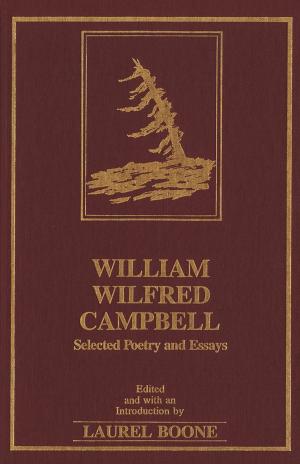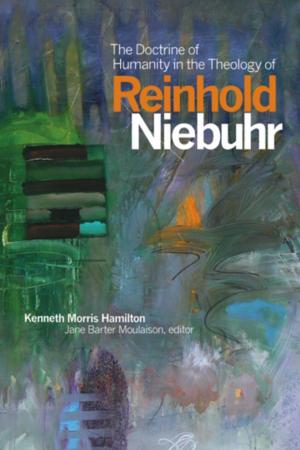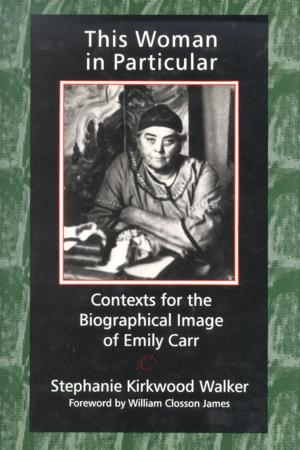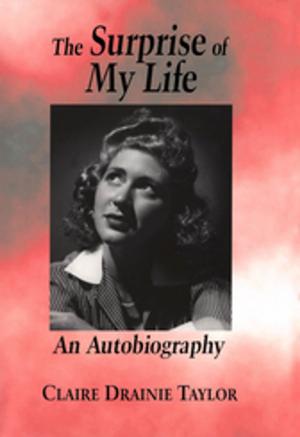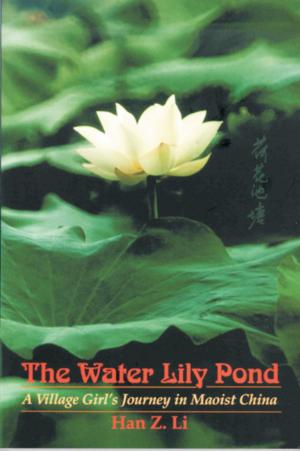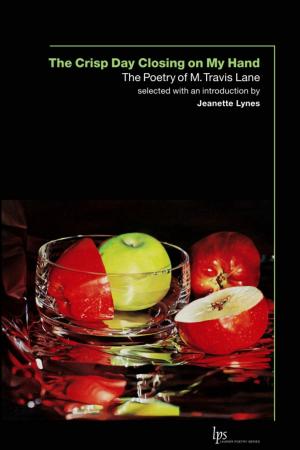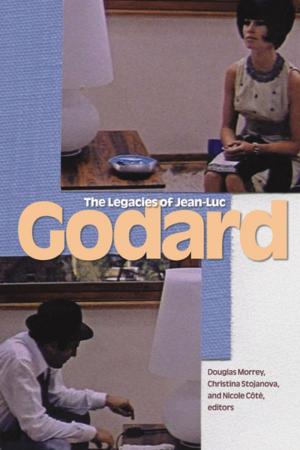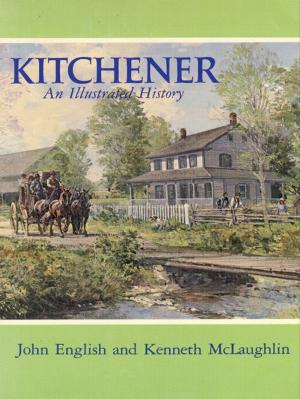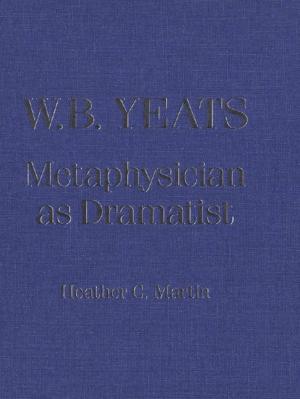Bridging Two Peoples
Chief Peter E. Jones, 1843–1909
Nonfiction, History, Americas, Canada, Social & Cultural Studies, Social Science, Anthropology| Author: | Allan Sherwin | ISBN: | 9781554586530 |
| Publisher: | Wilfrid Laurier University Press | Publication: | September 1, 2012 |
| Imprint: | Wilfrid Laurier University Press | Language: | English |
| Author: | Allan Sherwin |
| ISBN: | 9781554586530 |
| Publisher: | Wilfrid Laurier University Press |
| Publication: | September 1, 2012 |
| Imprint: | Wilfrid Laurier University Press |
| Language: | English |
Bridging Two Peoples tells the story of Dr. Peter E. Jones, who in 1866 became one of the first status Indians to obtain a medical doctor degree from a Canadian university. He returned to his southern Ontario reserve and was elected chief and band doctor. As secretary to the Grand Indian Council of Ontario he became a bridge between peoples, conveying the chiefs’ concerns to his political mentor Prime Minister Sir John A. Macdonald, most importantly during consultations on the Indian Act.
The third son of a Mississauga-Ojibwe missionary and his English wife, Peter E. Jones overcame paralytic polio to lead his people forward. He supported the granting of voting rights to Indians and edited Canada’s first Native newspaper to encourage them to vote. Appointed a Federal Indian Agent, a post usually reserved for non-Natives, Jones promoted education and introduced modern public health measures on his reserve. But there was little he could do to stem the ravages of tuberculosis that cemetery records show claimed upwards of 40 per cent of the band.
The Jones family included Native and non-Native members who treated each other equally. Jones’s Mississauga grandmother is now honoured for helping survey the province of Ontario. His mother published books and his wife was an early feminist. The appendix describes how Aboriginal grandmothers used herbal medicines and crafted surgical appliances from birchbark.
Bridging Two Peoples tells the story of Dr. Peter E. Jones, who in 1866 became one of the first status Indians to obtain a medical doctor degree from a Canadian university. He returned to his southern Ontario reserve and was elected chief and band doctor. As secretary to the Grand Indian Council of Ontario he became a bridge between peoples, conveying the chiefs’ concerns to his political mentor Prime Minister Sir John A. Macdonald, most importantly during consultations on the Indian Act.
The third son of a Mississauga-Ojibwe missionary and his English wife, Peter E. Jones overcame paralytic polio to lead his people forward. He supported the granting of voting rights to Indians and edited Canada’s first Native newspaper to encourage them to vote. Appointed a Federal Indian Agent, a post usually reserved for non-Natives, Jones promoted education and introduced modern public health measures on his reserve. But there was little he could do to stem the ravages of tuberculosis that cemetery records show claimed upwards of 40 per cent of the band.
The Jones family included Native and non-Native members who treated each other equally. Jones’s Mississauga grandmother is now honoured for helping survey the province of Ontario. His mother published books and his wife was an early feminist. The appendix describes how Aboriginal grandmothers used herbal medicines and crafted surgical appliances from birchbark.


